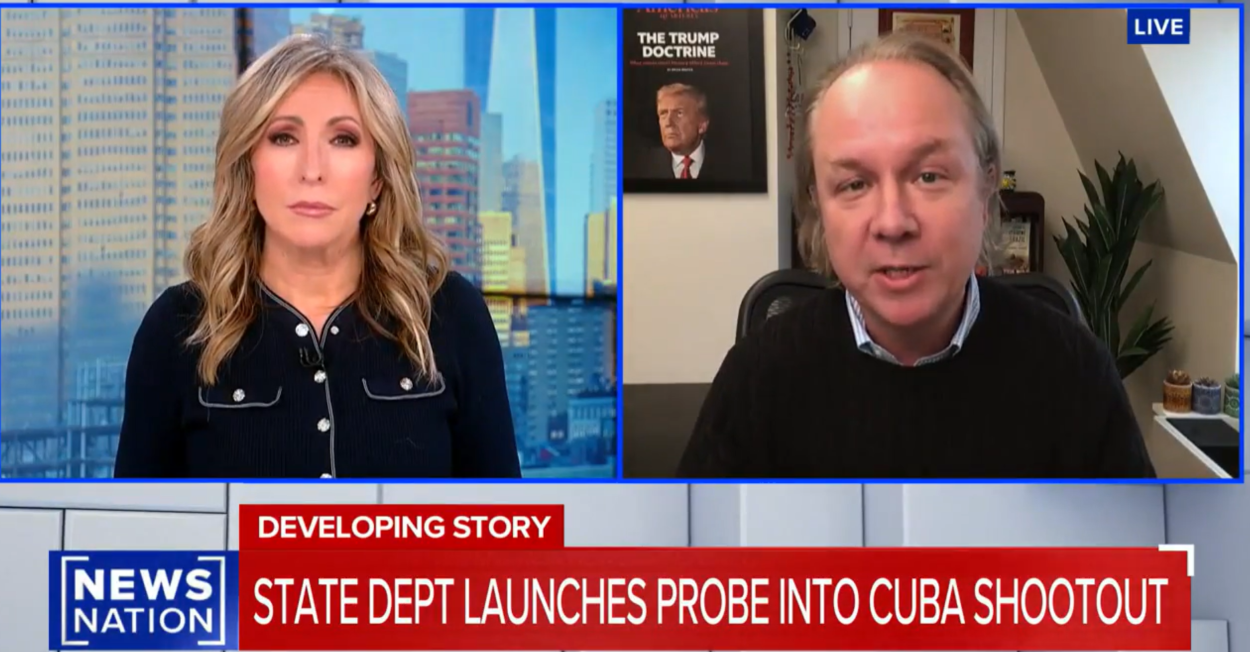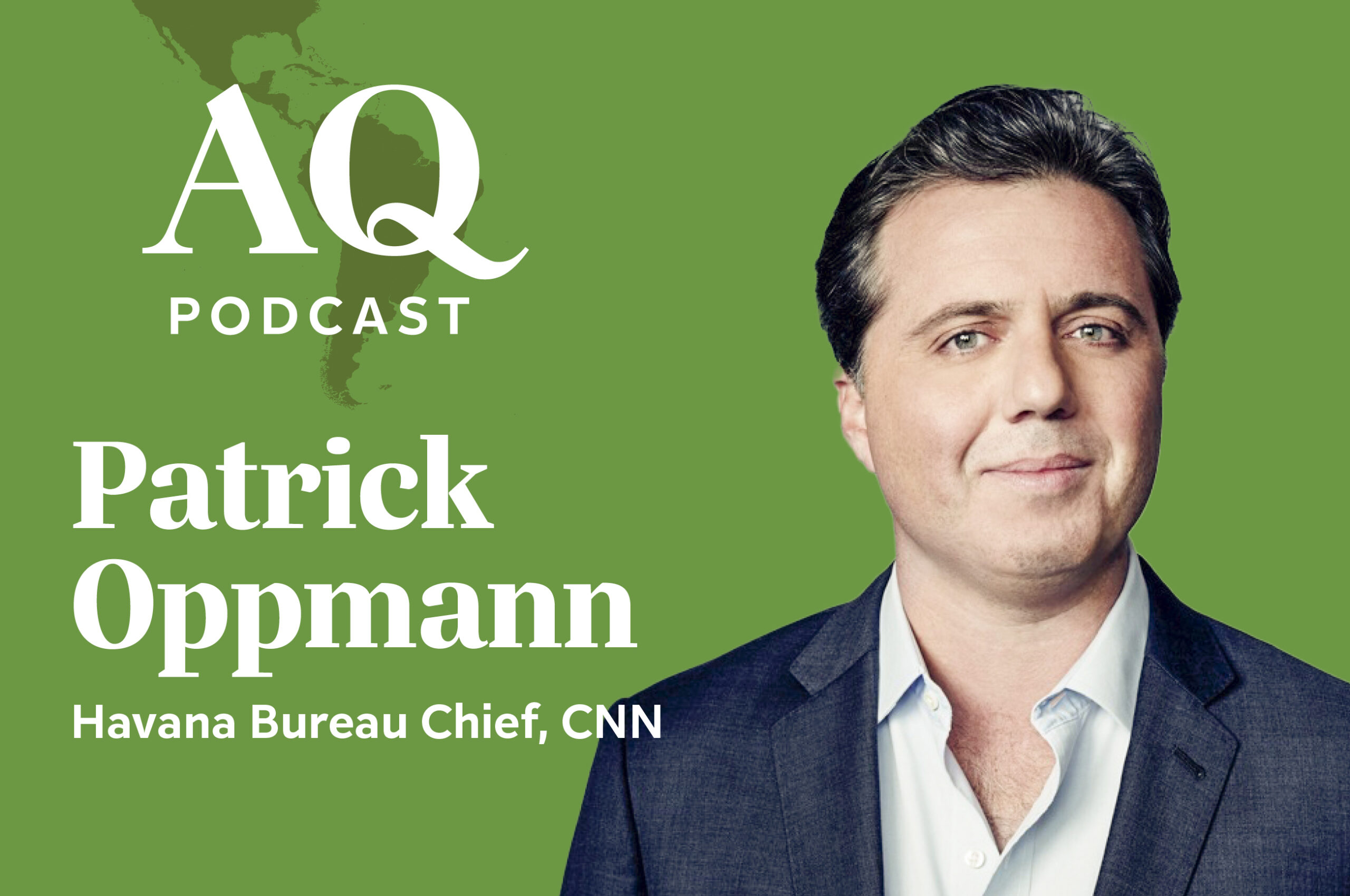Are Chances Improving for Better Business Ties With Cuba?
Are Chances Improving for Better Business Ties With Cuba?
AS/COA’s Christopher Sabatini suggests that diplomatic efforts between U.S. and Cuba should focus on finding a "genuine mutual interest that transcends history and ideology."
Q: U.S. and Cuban diplomats plan to resume bilateral talks on migration issues during a meeting in Washington on July 17. News of the migration talks came after the two countries held a round of discussions on resuming direct mail service. How much progress are the old Cold War foes making on rapprochement? Can any significant thaw happen while Alan Gross and four members of the "Cuban Five" remain in prison? What is at stake for businesses in the United States and elsewhere?
A: Christopher Sabatini, senior director of policy for the Americas Society and Council of the Americas and editor-in-chief of Americas Quarterly:
"When it comes to matters of policy change between Cuba and the United States, we should never be too optimistic. Normally these initiatives would not spark outrage; countries in conflict, even in long-standing disputes, still manage to have postal relations and relations on protecting the lives of migrants. (Actually, people getting agitated about mail service in this day and age seems even more than misguided, it actually seems kind of quaint.)
The question is why have these diplomatic efforts sparked opposition? Shouldn't promoting communication and contact with an island long isolated from its relatives and refugees in the U.S. be what policy should try to do? Shouldn't ensuring a rational system for immigration that helps guarantee the safety of those who want to leave Cuba be generally desirable?
As they started to do last week, the U.S. and Cuba need to work in narrower parameters where there is a genuine mutual interest that transcends history and ideology. The sad thing is that legitimate practical, workaday relations between the countries have been held hostage to posturing and fear, real and imagined, and often upended by provocations by the Cuban regime (like the brutal 1996 shootdown of the Brothers to the Rescue planes and the 2009 arrest of Alan Gross).
None of these diplomatic efforts, even if they should come to fruition, should be seen as negating the importance of human rights in Cuba. Quite the opposite. Where violations and repression continue to exist, as they do inside Cuba, the U.S. should continue to raise them. But it can and should be able to do so in the context of other muchneeded and humane policies. Diplomacy, even over human rights, is not a zerosum game."








